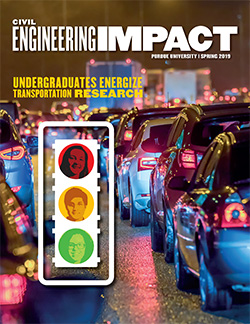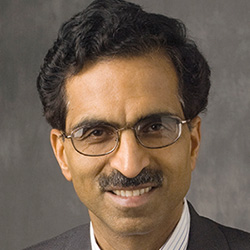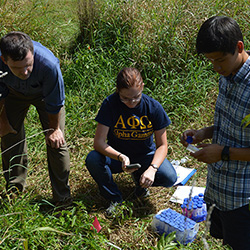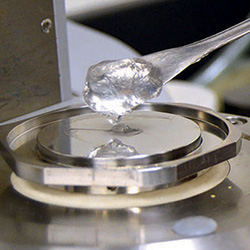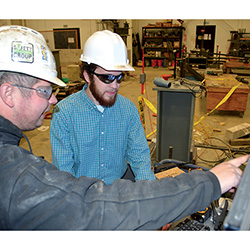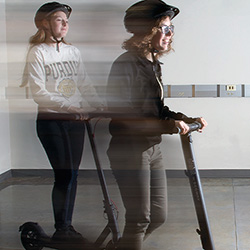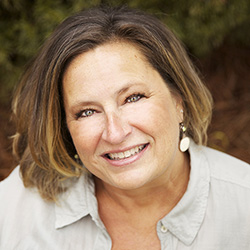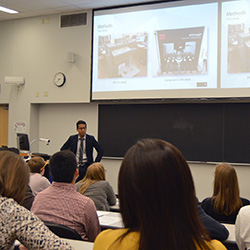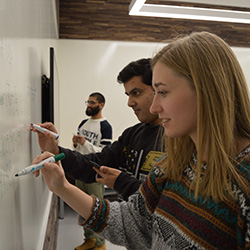Head's Message
As I look outside my window and see the spring colors returning to campus, I am filled with a sense of joy for what the new year will bring. It is ironic, though; spring also means that the end of the school year is rapidly approaching. Like any proud educator, I look forward to hearing about the successes of our newest soon-to-be civil engineering graduates. At the same time, it is always a little bittersweet seeing all the students I have made connections with over the years leave us.

